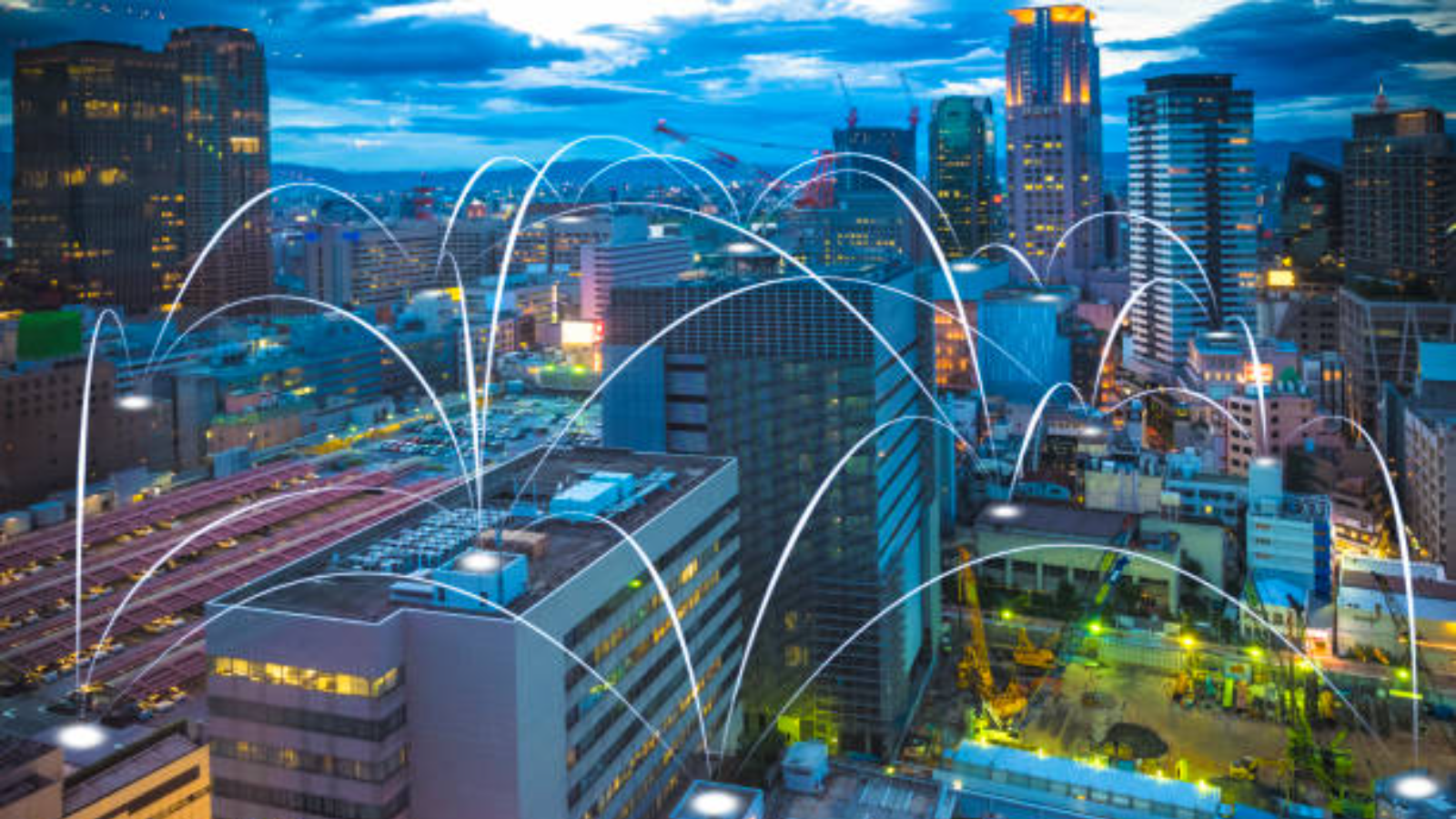In this Article
Introduction
The concept of smart cities has captured the imagination of urban planners, technologists, and city dwellers alike. As urban populations continue to grow, the need for more efficient, sustainable, and livable environments becomes increasingly critical. The integration of the Internet of Things (IoT) into city infrastructure stands out as a promising solution to many of the challenges faced by modern cities.
In this article, I will delve into what I think about the future of smart cities using IoT, discussing the potential benefits, challenges, and the transformative impact it could have on urban living.
The Future of Smart City Using IoT
The potential benefits of smart cities leveraging IoT technology are vast and transformative. Here are some key areas where IoT can make a significant impact:
1. Enhanced Public Services
IoT can revolutionize public services by making them more efficient and responsive. For instance, smart waste management systems can optimize collection routes, reducing fuel consumption and emissions. Similarly, real-time water monitoring can help detect leaks and prevent water wastage.
- Smart Waste Management: IoT sensors can monitor waste levels in bins and optimize collection routes, reducing fuel consumption and emissions.
- Water Management: Real-time monitoring of water usage can help detect leaks and prevent wastage, ensuring a more sustainable water supply.
- Healthcare Services: IoT can enable remote health monitoring and telemedicine, improving access to healthcare services and reducing the burden on hospitals.
2. Improved Traffic Management
Traffic congestion is a significant issue in many urban areas. IoT-enabled traffic lights and sensors can monitor traffic flow and adjust signals in real time, optimizing traffic movement and reducing congestion. This can lead to lower emissions and improved transportation efficiency.
- Real-Time Traffic Monitoring: IoT sensors can monitor traffic flow and adjust traffic signals in real time, reducing congestion and improving traffic movement.
- Smart Parking: IoT-enabled parking systems can guide drivers to available parking spots, reducing the time spent searching for parking and lowering emissions.
- Public Transportation: IoT can enhance public transportation systems by providing real-time updates on schedules and delays, improving the overall user experience.
3. Public Safety
IoT can enhance public safety through smart surveillance systems and emergency response coordination. Sensors can detect unusual activities or environmental hazards and alert authorities promptly, improving response times and outcomes.
- Smart Surveillance: IoT-enabled cameras and sensors can monitor public spaces for unusual activities, enhancing security and safety.
- Emergency Response: IoT can improve emergency response times by providing real-time data on incidents and coordinating resources more effectively.
- Environmental Monitoring: IoT sensors can monitor environmental conditions such as air quality and noise levels, helping to identify and address potential hazards.
Challenges in Implementing Smart Cities
While the potential benefits of smart cities using IoT are immense, several challenges need to be addressed to realize their full potential:
1. Data Privacy and Security
The vast amount of data generated by IoT devices raises significant privacy and security concerns. Ensuring robust data protection measures and addressing potential vulnerabilities is crucial to gaining public trust and preventing data breaches.
- Data Protection: Implementing strong data protection measures is essential to safeguard the vast amount of data generated by IoT devices.
- Cybersecurity: Addressing potential vulnerabilities in IoT systems is crucial to prevent cyberattacks and ensure the security of smart city infrastructure.
- Public Trust: Building public trust in IoT technology requires transparency and accountability in data handling and security practices.
2. Interoperability
The diverse range of IoT devices and systems must work seamlessly together. Establishing common standards and protocols is essential for interoperability and effective communication between devices from different manufacturers.
- Standardization: Developing common standards and protocols is essential for ensuring interoperability between IoT devices from different manufacturers.
- Integration: Seamless integration of IoT devices and systems is crucial for the effective functioning of smart city infrastructure.
- Scalability: Ensuring that IoT systems can scale to accommodate the growing needs of urban populations is essential for the long-term success of smart cities.
3. Infrastructure Costs
Building and maintaining IoT infrastructure requires substantial investment. Governments and private stakeholders need to collaborate to fund these projects and ensure their long-term sustainability.
- Funding: Securing funding from both public and private stakeholders is essential for building and maintaining IoT infrastructure.
- Cost-Effective Solutions: Identifying cost-effective solutions for implementing IoT technology can help reduce infrastructure costs.
- Long-Term Sustainability: Ensuring the long-term sustainability of IoT infrastructure requires careful planning and collaboration between stakeholders.
Conclusion
The future of smart cities using IoT is incredibly promising. By leveraging IoT technology, cities can become more efficient, sustainable, and livable. However, addressing challenges such as data privacy and security, interoperability, infrastructure costs, and the digital divide is crucial to realising the full potential of smart cities.
As we move forward, collaboration between governments, private stakeholders, and citizens will be essential to creating smart cities that truly enhance the quality of urban life.
How We Can Help
The AlphaX ecosystem offers innovative solutions to help overcome the challenges discussed in this article. By leveraging IoT technology, AlphaX can help cities become more efficient, sustainable, and livable. To learn more about how we can help, visit our contact page.
References
Related Blog Posts
How Smart Cities Connect: Getting Started with Edge AI and IoT Technology
How to Get Started with Edge AI and IoT Technologies in Smart Cities: Overcoming Integration Challenges In recent years, the concept of smart cities has evolved from a futuristic Read More
5 Step Strategy: Ensuring Security and Privacy in 15-Minute Smart Cities
Introduction Ensuring security and privacy in 15-minute smart cities is a critical challenge as urban areas become increasingly connected through IoT and edge AI technologies. These cities aim to Read More
What is a smart city and the challenge of legacy systems
How to Get Started with Integrating Legacy Systems in Smart Cities Smart cities are transforming urban landscapes by leveraging technology to improve the quality of life for residents. However, Read More




